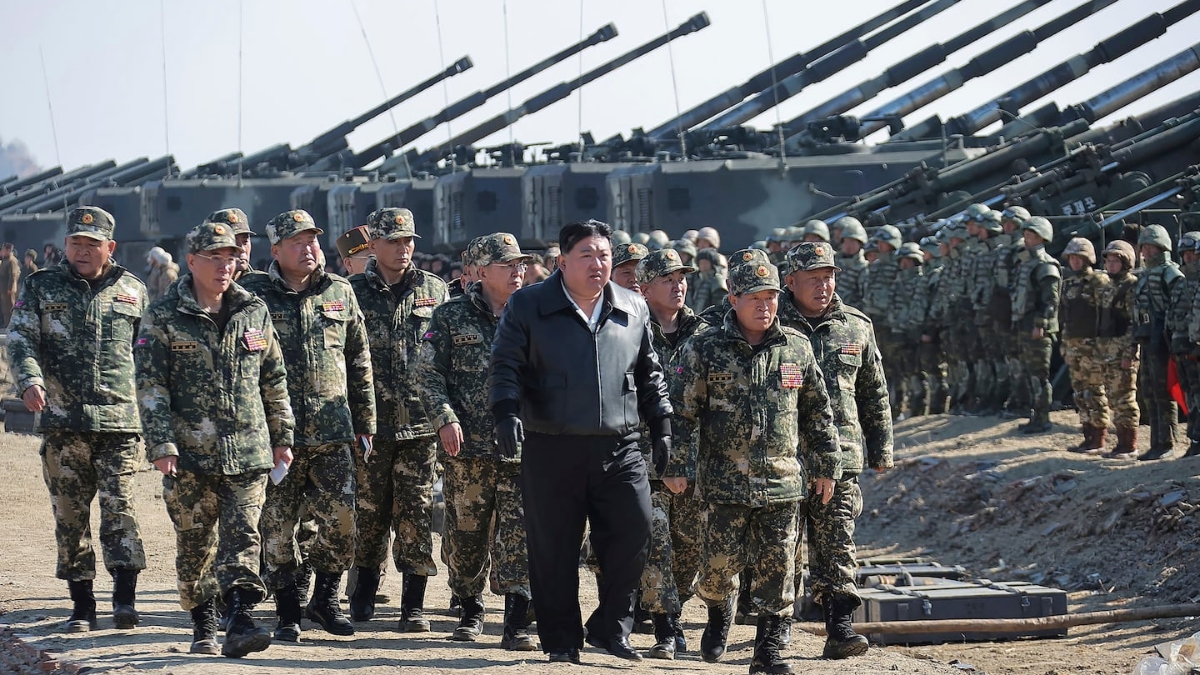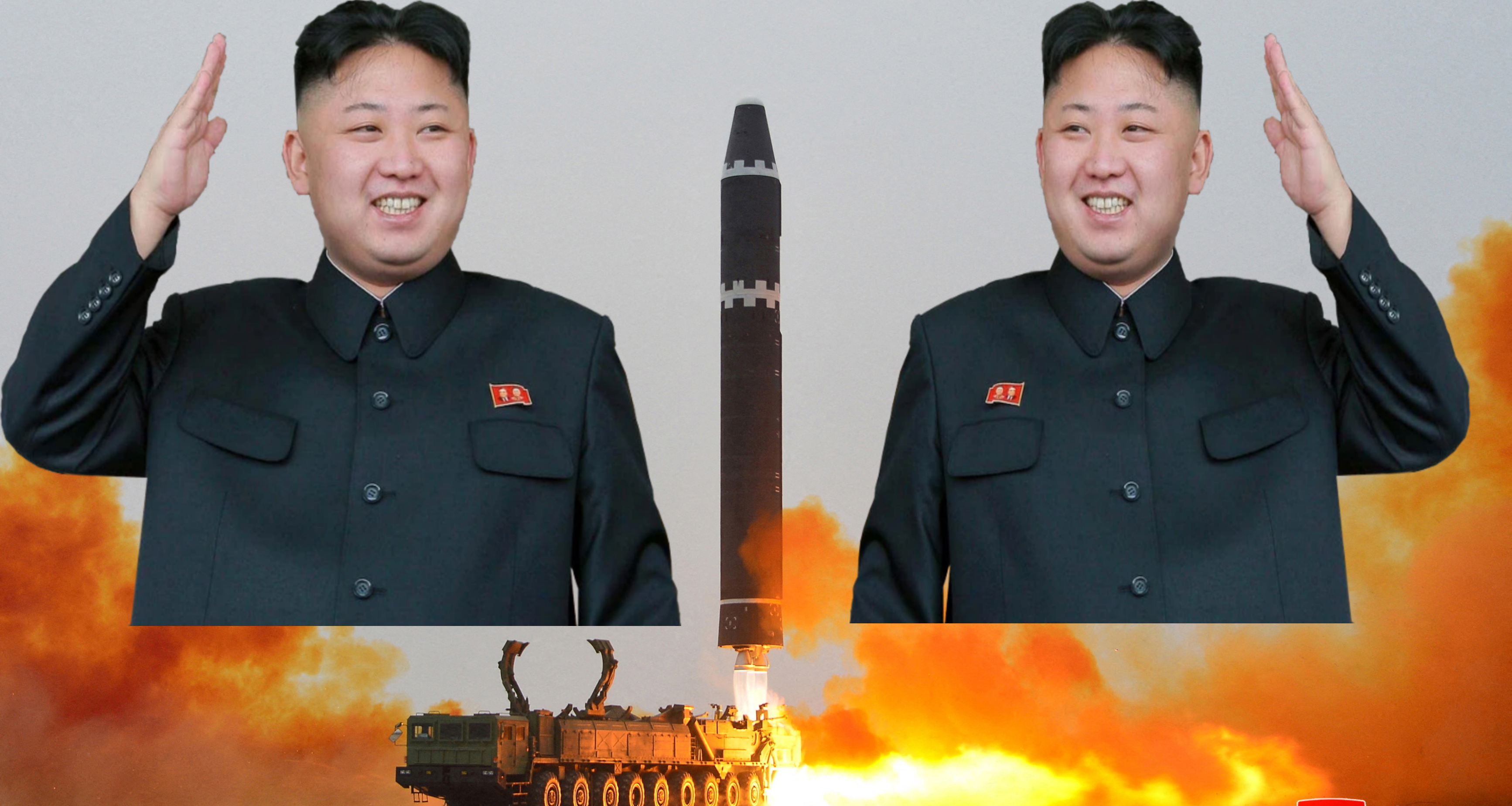In a powerful statement to the world, North Korea has claimed that 1.4 million young people, including students, have enlisted in its military this week. These recruits, described as determined to fight in a “sacred war” against North Korea’s enemies, have responded to the regime’s call for national defense amid rising global tensions. The large-scale mobilization is portrayed by the government as a clear sign of loyalty and determination to uphold the revolutionary spirit that has defined the country for decades.
Youth Responding to the Call
According to North Korean state media, the massive enlistment is a direct response to what the regime perceives as increasing threats from its adversaries, particularly the United States and its allies. The government’s narrative frames this mobilization as a patriotic movement, with young people eager to defend the nation’s sovereignty. The report emphasized that the new recruits are “determined to fight in a sacred war” with the “arms of the revolution” in hand, portraying this as a heroic act of self-defense.
For the regime, this mass enlistment serves multiple purposes. Domestically, it reinforces the idea of unity and resilience among North Koreans, particularly the youth. Internationally, it sends a clear message that North Korea is prepared to defend itself against external threats, no matter the cost. The enlistment of students and young people also plays into the government’s larger propaganda campaign, which focuses on building an image of the country as one that values sacrifice and military strength above all else.
The ‘Sacred War’ Narrative
The concept of a “sacred war” is a key part of North Korea’s ideological framework. The regime has long presented its military and defense strategies in almost religious terms, referring to the protection of the nation as a holy duty. This narrative is deeply embedded in the country’s education system, where students are taught from a young age to revere the ruling Kim family and the state’s revolutionary principles.
The enlistment of 1.4 million young people comes at a time when tensions in the region are high. North Korea’s ongoing missile tests and its hostile stance toward South Korea, Japan, and the United States have put the nation under increasing pressure. In response, the North Korean leadership has sought to rally its citizens around the idea of self-reliance and military preparedness. The rhetoric of a “sacred war” not only serves to unify the population but also strengthens the regime’s position domestically and abroad.
Arms of the Revolution
North Korea’s government frequently uses the phrase “arms of the revolution” to describe its military capabilities, including both conventional forces and nuclear weapons. By enlisting a significant portion of its youth, the regime emphasizes the importance of being prepared for any potential conflict. While the details surrounding the specific roles of these new recruits remain unclear, it is likely that many will undergo military training in preparation for potential confrontations.
The country has also ramped up its military exercises and missile tests, which have drawn condemnation from the international community. However, North Korea’s leadership appears unphased by the global outcry, with this latest enlistment campaign signaling their continued commitment to building and maintaining a powerful military force.
Global Reaction and Implications
The international community has reacted with concern to North Korea’s claims of mass enlistment. Many experts see this as a potential escalation of the ongoing tensions in the region. The enlistment of such a large number of young people suggests that North Korea is not only maintaining its aggressive posture but also preparing for long-term military readiness.
The enlistment of 1.4 million youth is yet another move by North Korea to demonstrate its defiance against perceived foreign threats. By focusing on the revolutionary spirit and the “sacred war” narrative, the regime reinforces its ideological foundations while sending a powerful message to the world. The ongoing militarization of North Korea’s youth raises questions about the stability of the region and the potential for future conflict.
In conclusion, North Korea’s claim of 1.4 million young people joining the army underscores the country’s determination to defend its regime at all costs. The regime’s use of the “sacred war” narrative not only bolsters domestic unity but also serves as a warning to the international community. As tensions remain high, North Korea’s military mobilization will continue to be a focal point of global concern.



